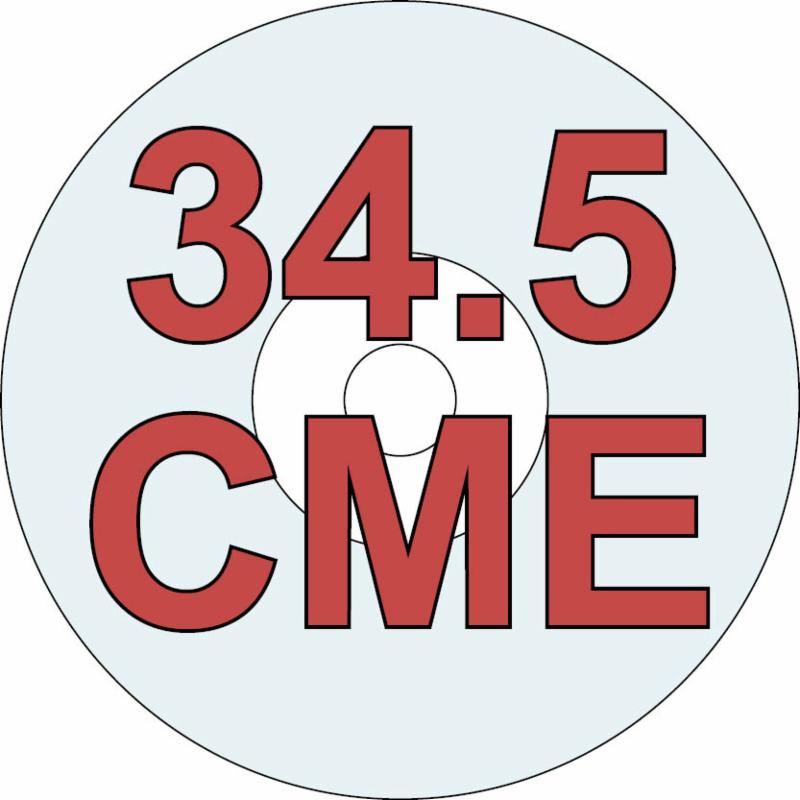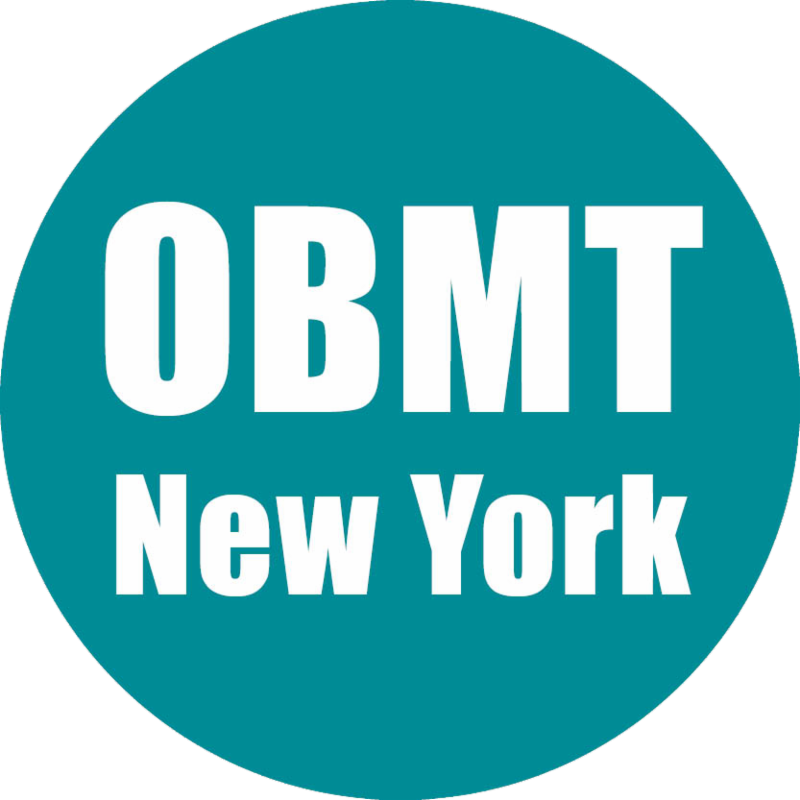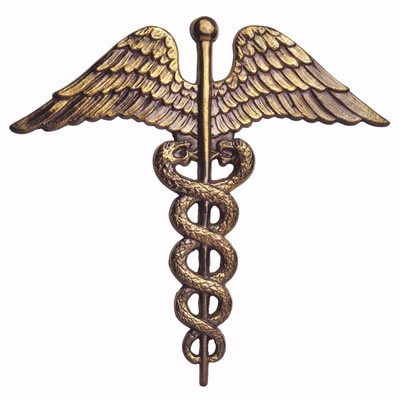|
Featured Products
Comes with a syllabus
and CD or DVD
$99 (was $189)
Comes with a syllabus
and CD or DVD
$189 (was $219)
|
|
Contact Us
| |
Bariatric Physicians
2821 S. Parker Road
Ste. 625
Aurora, CO 80014
303.770.2526 | asbp.org
Staff
Laurie Traetow, CAE, CPA
Executive Director
laurie@asbp.org
Beth Amelon
Sponsorships & Exhibits Coordinator
beth@asbp.org
Carly Crosby
Meeting Planner & Executive Coordinator
carly@asbp.org
Marcie Gonzales
Receptionist
marcie@asbp.org
|
|
|
|
Obesity Medicine e-Weekly
|
News
ASBP leader responds to Consumer Reports article
Consumer Reports recently printed an article recommending that consumers avoid new anti-obesity medications. Dr. Ethan Lazarus (pictured) responded to Consumer Reports urging the authors to report on another viewpoint: obesity is a chronic disease and individuals affected by obesity should not feel like they must rely on do-it-yourself methods to lose weight. Dr. Lazarus is a member of the ASBP Board of Trustees and serves as the ASBP representative in the American Medical Association House of Delegates. Read his letter to Consumer Reports.
 ASBP leader quoted in Medscape article ASBP leader quoted in Medscape article
Dr. Craig Primack (pictured) shared his expertise about a new opinion piece explaining why medical interventions are necessary to treat obesity. The opinion piece features four experts in the field of obesity medicine who advise on the use of multimodal obesity treatment strategies, which may include anti-obesity medications. Dr. Primack agrees with the authors' conclusions, stating that he offers medication and lifestyle counseling to patients early on. Read the full article, including Dr. Primack's quotes. (A free registration to Medscape is required.) Dr. Primack currently serves as secretary/treasurer of ASBP.

Submit your narratives about the Obesity Algorithm®
What do you find most useful about the Obesity Algorithm? How has the algorithm benefited you? We want you to tell us about using the Obesity Algorithm and help us spread the word to those who haven't already downloaded their copy! Please submit your brief narratives about your experience with the Obesity Algorithm to rachel@asbp.org by Feb. 28. We will highlight our favorite responses on www.ObesityAlgorithm.org and during the Obesity Algorithm keynote lecture and panel discussion on April 10 at Obesity Medicine 2015.  ASBP offers new bundled CME options ASBP offers new bundled CME options If you're applying to take the American Board of Obesity Medicine (ABOM) certification exam this year, you're required to earn 60 hours of continuing medical education (CME) credit, 30 of which must be attended live. Obesity Medicine 2015 offers up to 30 live CME hours, and now ASBP has a product to help you earn another 30 CME hours at home and study for the exam! Purchase one of our new CME bundles, worth up to 34.5 CME hours, and earn credit towards your exam application. Each bundle includes the Obesity Medicine Certification Review Course to help you learn the information covered on the exam. The early application deadline for the ABOM exam is July 13, and all at-home CME must be completed before applying. 
Next Obesity Basic Medical Treatment course location: New York City
Do you have a colleague near New York City who doesn't currently practice obesity medicine but is interested in doing so? Tell them to register for Obesity Basic Medical Treatment. We're hosting a course in New York on Saturday, Feb. 21. This newly revised course introduces the different treatment options available to patients affected by obesity and provides an idea of how to approach obesity treatment. Learn more about this course. Not in the New York area? See a list of all 2015 dates and recommend a course in a city near you!
|
Resources
 The Obesity Treatment Foundation (OTF) helps keep you up to date on current obesity research! Each week, OTF publishes a brief overview of three recent studies so you can be in the know, even during your busiest days. Click the titles below to view the full articles, and please consider supporting OTF so we can continue to provide you with updates on the latest research. The Obesity Treatment Foundation (OTF) helps keep you up to date on current obesity research! Each week, OTF publishes a brief overview of three recent studies so you can be in the know, even during your busiest days. Click the titles below to view the full articles, and please consider supporting OTF so we can continue to provide you with updates on the latest research.
Raynor, H. A., et al. J Acad Nutr Diet, 2015.
The Action for Health in Diabetes (Look AHEAD) trial implemented a partial meal-replacement plan as part of the Intensive Lifestyle Intervention (ILI) for 12 months in individuals with type 2 diabetes. In the first six months of the program, participants were prescribed a low-energy, low-fat diet (less than 30 percent kilocalories from fat with less than 10 percent from saturated fat). Partial meal replacements (beverages and bars) were included in the first four months and were recommended to replace two meals per day and one or two snacks per day. The intervention resulted in the ILI participants consuming significantly lower fat and cholesterol and greater fiber than the Education participants. ILI participants also consumed more servings per day of fruits; vegetables; and milk, yogurt, and cheese; and fewer servings per day of fats, oils, and sweets. The ILI group lost significantly more of their initial body weight than those in the Education group, suggesting that a partial meal replacement plan may assist with weight loss in individuals with type 2 diabetes.
Belsky, A. C. I., et al. International Journal of Obesity, 2015.
Negative bias toward individuals affected by obesity is on the rise and reflected in discrimination in health care, employment practices, and education. A study was conducted to test if weight stigma extended into sense of smell. The study asked participants to view pictures of people who are thin and people who are overweight and rate the smell of substances that, unbeknownst to them, were odorless. Results showed that scents paired with images of individuals who are heavy were rated worse than those paired with individuals who are thin. This study suggests that the extent of negative bias toward individuals with obesity may be greater than previously assumed.
Transition from metabolic adaptation to maladaptation of the heart in obesity: Role of apelin
Alfarano, C., et al. International Journal of Obesity, 2015.
Apelin is an adipocyte-derived peptide that has emerged as an important regulator of cardiovascular and metabolic homeostasis. Apelin's role in cardiac function in obesity was investigated in an animal model of heart failure. The study found that treating mice with apelin prevented the decline in fat metabolism and mitochondrial defects that high fat feeding caused. Apelin also lowered fasting glucose and preserved cardiac function. This study suggests that apelin may be a new therapeutic target for the obesity-associated decline in cardiac function.
|
Advocacy
Dr. Krishna Doniparthi attends Feb. 6 OCC Advocacy Day
Dr. Krishna Doniparthi (left), along with ASBP lobbyist Chris Gallagher (not pictured) and American Society for Metabolic and Bariatric Surgery executive director Georgeann Mallory (right), set out to Capitol Hill on Feb. 6 to speak with House and Senate members to gain support for the Treat and Reduce Obesity Act (TROA). Dr. Doniparthi met with seven House Representative legislative aides, four from Florida and three from Georgia, and one Senatorial member from Georgia. In previous support for this bill, there was a strong bipartisan support of more than 100 members, with roughly 60 percent Democrats and 40 percent Republicans. Read more...
|
Education

 Register now for the highly anticipated spring conference Register now for the highly anticipated spring conference
- Full Conference
30 CME | April 8-12
Includes the Spring Obesity Summit and your choice of either Obesity Medicine Essentials (register) or the Nutrition and Metabolism Symposium (register).
- Dr. Harold C. Seim Obesity Medicine Essentials
12.75 CME | April 8-9 | Register
Gain practical knowledge in this how-to series about the medical care of patients affected by obesity.
You won't want to miss: Basics of Pharmacotherapy, by Dr. Dan Bessesen. This lecture will provide an overview of each of the available weight-management medications and explain how to incorporate them into an individualized treatment plan.
- Nutrition and Metabolism Symposium
12.75 CME | April 8-9 | Register
Broaden your understanding about a range of diet and nutrition options based on scientific research.
You won't want to miss: Dietary Adherence: Any Diet Approach, by Dr. Holly Wyatt. This lecture will argue that any diet can work for any patient regardless of macronutrient composition, as long as the patient can stick to it.
- Spring Obesity Summit
17.25 CME | April 10-12 | Register
Enhance your knowledge about the latest scientific research and trends related to the evaluation and treatment of patients affected by obesity.
You won't want to miss: Long-term Weight Maintenance: What Can We Learn from Losers?, by Dr. James O. Hill. This lecture will analyze statistics on weight maintenance after weight loss and explain how this data can be used to better predict what techniques result in long-term weight loss.
Want more? Save the date for Overcoming Obesity 2015: Diagnose. Personalize. Treat. in Washington, D.C., from Sept. 30-Oct. 4, 2015.
  Obesity Basic Medical Treatment course registration now available Obesity Basic Medical Treatment course registration now available
Do you know anyone who wants to learn the basics of medical obesity treatment but doesn't know where to start? The Obesity Basic Medical Treatment (OBMT) course teaches physicians and health care providers who are brand new to the field of obesity medicine about the basic approaches to obesity treatment. Attendees can then decide whether or not to pursue further obesity medicine education or understand when to refer a patient to an obesity medicine clinician. Learn more about this course, or download a printable registration form. Online registration is also available for the following dates and cities.
|
|
|
|
|